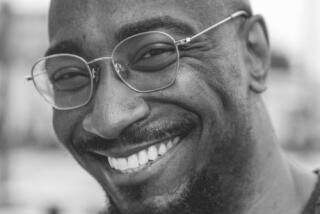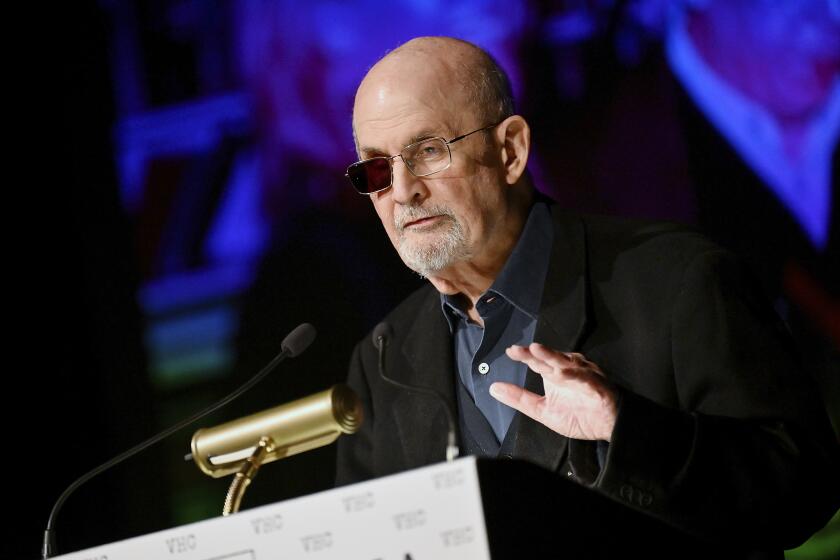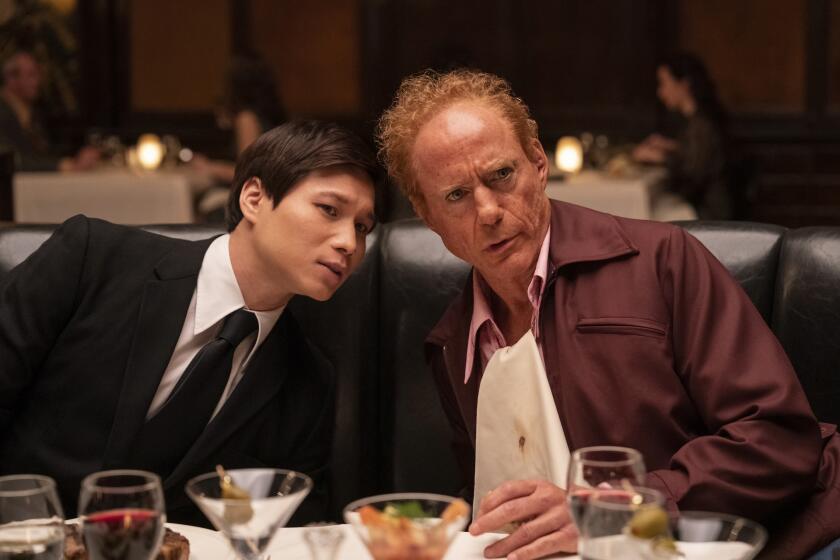Book review: Jodi Picoult’s ‘Sing You Home’
Jodi Picoult’s novels do not gather dust on the bedside table. They are gobbled up quickly and the readers want more.
“Sing You Home” is Picoult’s 18th novel; the last six have each sold more than 5 million copies around the world. Her new novel, which takes on issues of fertility, same-sex marriage, the legal ownership of embryos, love, gender, insurance, alcoholism, faith, adultery and sibling rivalry, is already flying off the shelves.
Picoult is known for her ability to shed light on the issues affecting domestic life in America: divorce, overprotective parenting, childhood depression, families struggling with medical crises — what the New York Times once called “the literature of children in peril.” She picks an issue — in the case of her new novel, same-sex couples and the emotional and legal issues surrounding fertility procedures — and explores it from several perspectives, including legal, medical, religious, political. She complicates already complicated dilemmas in her plots.
Picoult works hard to keep her characters from being straw men and women. The closer she gets to real life, real people, real problems, the better the novel. In a country as polarized as ours, for a Democrat as active as Picoult (who gives a lot of money to various causes and institutions) it’s not always easy to make, say, the anti-abortion activist, the anti-gay-marriage minister or the school board bureaucrat banning books into sympathetic characters. But the writer must try. For without the insight into the motives and convictions of characters on both sides of an issue, the novel will fall flat.
When the novel opens, Zoe and Max have just had yet another miscarriage. The cost of in vitro fertilization has used up their savings (they are not wealthy), and the emotional strain of Zoe’s determination and desire to force her body into motherhood has finally overwhelmed Max, who struggles with alcoholism and low self-esteem.
They divorce. Max goes to live with his wealthy brother Reid and sister-in-law Liddy, devout Christians and members of an evangelical church who are struggling with their inability to conceive. Max has a revelation one drunken night and joins the church. Zoe, a music therapist in schools and hospitals, falls in love with a guidance counselor at one of the schools — a woman named Vanessa.
Vanessa has been in the open about her sexuality since high school; Zoe has never had a sexual relationship with a woman. She just loves Vanessa. They marry but have to cross state lines (from Rhode Island to Massachusetts) to do so. When the subject of children comes up, Zoe remembers that there are three frozen embryos unspoken for in the wake of the divorce. She asks Max for permission to use them, but he’s persuaded by his church’s pastor (who, with his congregation, believes homosexuality to be a depraved lifestyle choice) to deny her request and offer the embryos to Reid and Liddy.
What a plot! Zoe, Max and Vanessa are thrown into decisions and situations for which they are utterly unprepared. Picoult’s supporting characters — Zoe’s New Age mother, a suicidal teenager Zoe treats each week, the church pastor and the lawyer who represents Zoe and Vanessa in the courtroom drama at the novel’s end — are equally unforgettable, though we do not travel as far into their psyches as the author takes us into her main characters.
We may read about these issues in the paper every day, but we cannot know (unless we have lived through them) what it means to have one’s life contorted by them — to be forced to operate under a separate set of rights when it comes to insurance or raising children because, for example, of one’s sexual preferences. To convince the jury to give the embryos to Max (who will give them to Reid and Liddy), the lawyers on Max’s side drag Vanessa and Zoe through the mud.
Nonetheless, there is no question that theirs is the more appealing, loving relationship. Try as she might, Picoult cannot round out her characters on the Christian right. They are the bad guys here — as if Picoult did not quite trust her audience to spot the injustice and moral weakness of their arguments.
To make them whole, even likable, it’s true, would give credence to their views that gay marriage is wrong, same-sex unions are bad for children, embryos are people, not property. Still, the act of trying to understand the other side (much less create sympathetic characters) arises out of a very progressive impulse. And you have to admire Picoult’s grace under pressure. By throwing us into these debates she gives her readers the gift of faith in a higher justice — not the law, God or modern medicine but human goodness.
It’s not the happy endings that keep her readers coming back, for she does not always provide them; it’s the possibility that humans can be kind, even when they don’t get exactly what they want.
Salter Reynolds is a Los Angeles writer.
More to Read
Sign up for our Book Club newsletter
Get the latest news, events and more from the Los Angeles Times Book Club, and help us get L.A. reading and talking.
You may occasionally receive promotional content from the Los Angeles Times.






